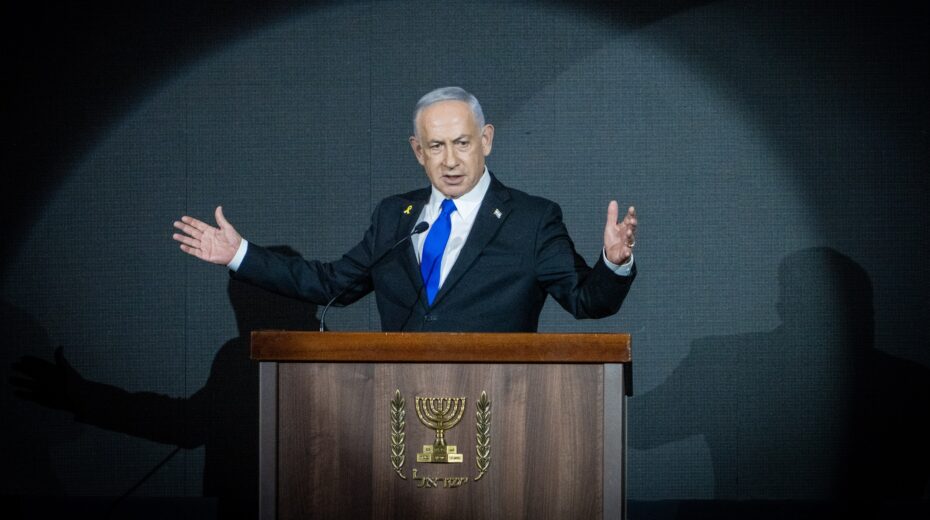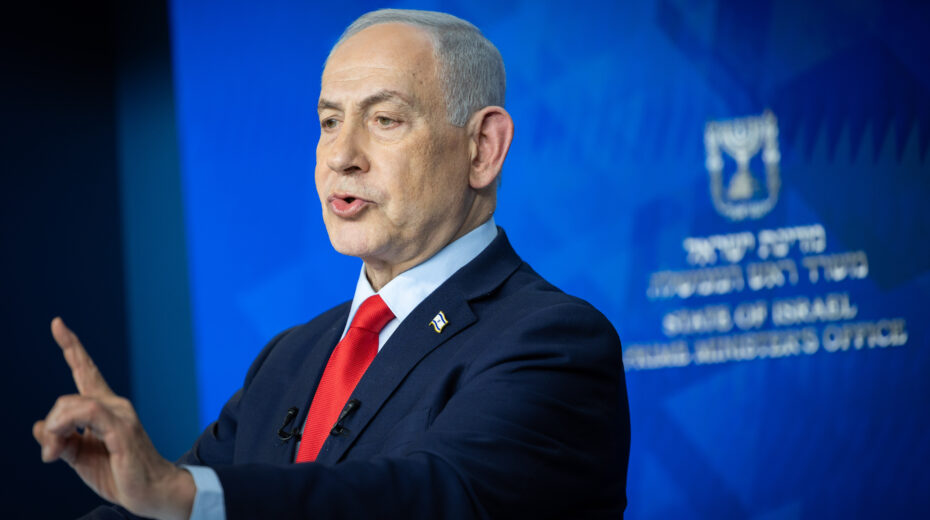Some interpretations see the “Promised Land” as encompassing territory far beyond Israel’s current borders, extending into parts of Jordan, Syria, Lebanon, and Egypt. For the Arab world, this is not just theology—it is politics, and of the most dangerous kind: politics grounded in religious justification. When Israeli politicians or rabbis reference “Eretz Israel haShlema” (Greater Israel), many Arabs hear not metaphors but threats. In Cairo, Amman, or Beirut, this fuels fears that Israel might one day act on these words. A single statement by Israel’s Prime Minister Benjamin Netanyahu in a TV interview has sparked a firestorm in the Arab world. He said he feels deeply committed to the “dream of biblical Eretz Israel and its borders.” From Amman to Cairo, from Doha to Riyadh, the conversation has shifted from mere politics to a messianic project—the plan for a “Greater Israel.” Suddenly, the focus is no longer solely on the war in the Gaza Strip but on a vision spanning entire regions, reviving ancient fears.
Become a Member
-
Read all member content
Get exclusive in-depth reports from Israel.
-
Get exclusive in-depth reports from Israel
Connect with Israel, right from your home.
-
Lift up the voice of truth and hope
Support Jerusalem-based Zionist journalism.

Already a member? Login here.















The Greater God gave the greater land to Israel. If the Arabs have a problem, take it up with HIM👐
what the Arabs don’t understand is, it is the Lord Himself who will bring those prophecies to pass, And He gave the time frame as the generation that became new in 1948. Five Arab nations attacked the new Jewish nation when they were unprepared to fight any war, and lost, it should have been easy to understand that the Lord helped Israel then, there is nothing, absolutely, nothing, to keep the Lord from stepping in again.
“This generation shall not pass till all these things be fulfilled.” Matt.24:34
The Lord has somewhere in the neighborhood of 3500 years of things the Arabs have done to their brothers, the Jews, that the Lord is going to bring justice upon them for. It is the Lord who is going to bring the Arab nations grief, not Israel. The Arabs rebelled against the Lord with their father Esau, if they want to blame someone for their fear, they should look within themselves. They have the same choice as everyone else has, to ask the Lord Jesus for forgiveness, “He is faithful and just to forgive.”
No one can stop what Almighty God has promised to Abraham and his seed. An unconditional land grant which will happen after the great tribulation/ Jacob’s trouble, when Jesus Christ returns at the second advent to fight for His people and what happens to Israel’s enemies. See Revelation. 19/11-21